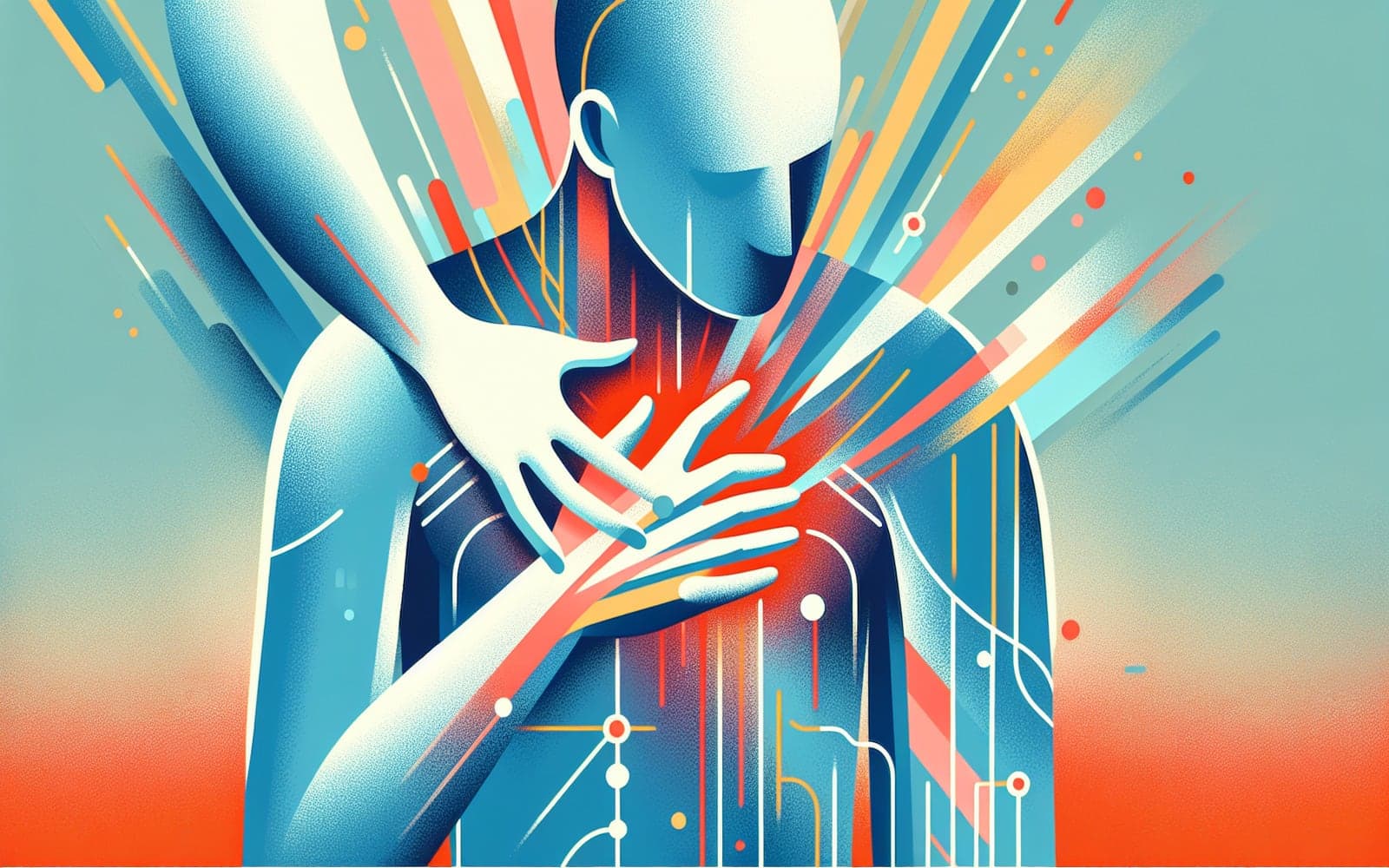Treating Chest Pain: Could It Be Your Esophagus?
Published: Jul 20, 2024
Chest pain doesn't always mean a heart attack; sometimes, it's your esophagus, and targeting the right treatment can make all the difference.
Contents
GERD: The Usual Suspect
GERD frequently causes esophageal chest pain and can often be managed with lifestyle changes and medications. Proton pump inhibitors (PPIs) are commonly prescribed to reduce acid and provide relief. Successful management often involves finding the lowest effective dose to maintain comfort and prevent flare-ups.
When GERD Isn't to Blame
If GERD treatments don't help, other conditions like esophageal motility disorders might be the cause. Diagnosing these involves specialized tests, and treatment could include medications that improve esophageal movement or address specific symptoms.

Functional Chest Pain
Sometimes, chest pain persists despite normal tests, known as functional chest pain. Low-dose antidepressants can help by calming the nerves that might be oversensitive. This approach also aids if anxiety or stress contributes to the pain.
Frequently Asked Questions
GERD-related chest pain is often treated with proton pump inhibitors.
If GERD treatments fail, tests for other conditions like motility disorders are needed.
Functional chest pain is pain without an obvious physical cause.
Key Takeaways
Identifying the correct cause of chest pain leads to more effective treatment and relief.
Discuss treatment options with Doctronic to find the best path to relief.Related Articles
References
Nguyen TM, Eslick GD. Systematic review: the treatment of noncardiac chest pain with antidepressants. Aliment Pharmacol Ther 2012; 35:493.
Castell DO, Katz PO. The acid suppression test for unexplained chest pain. Gastroenterology 1998; 115:222.
Always discuss health information with your healthcare provider.

